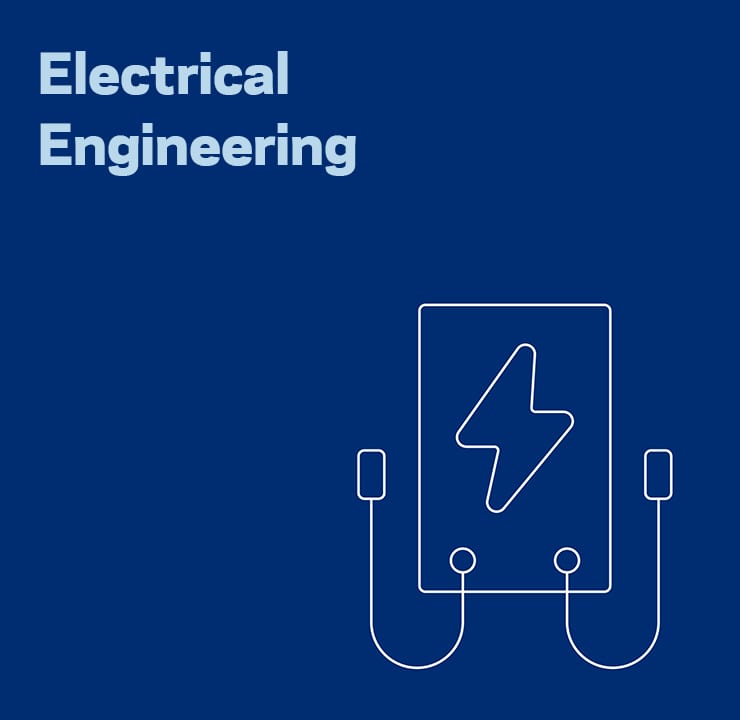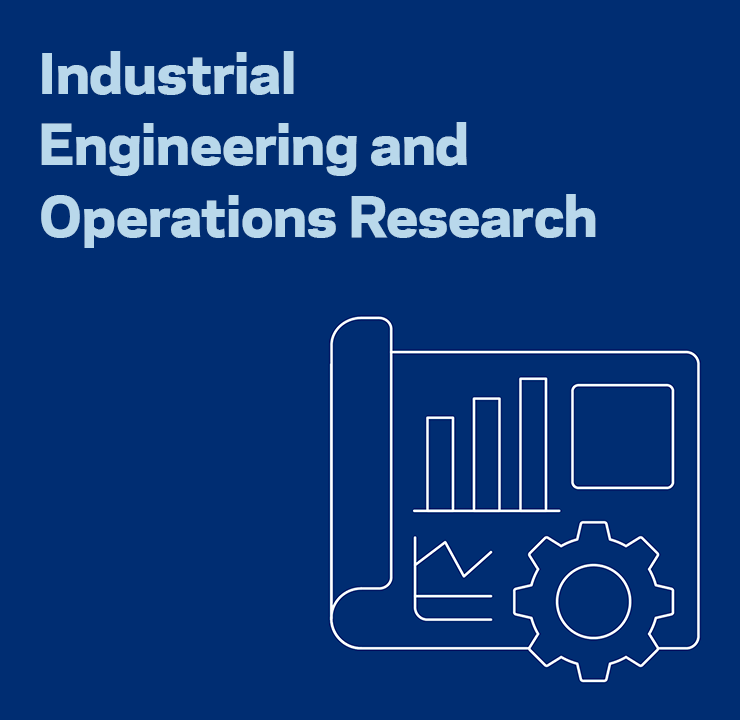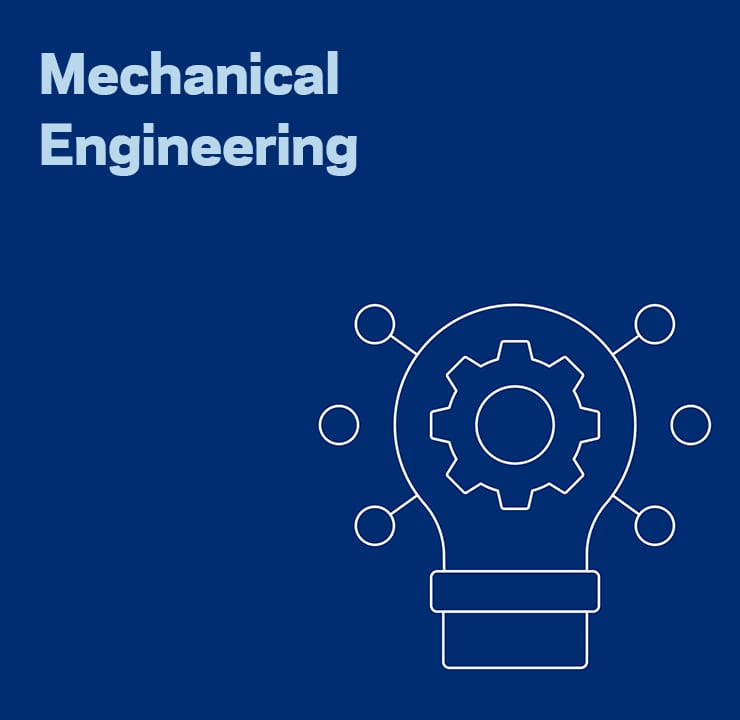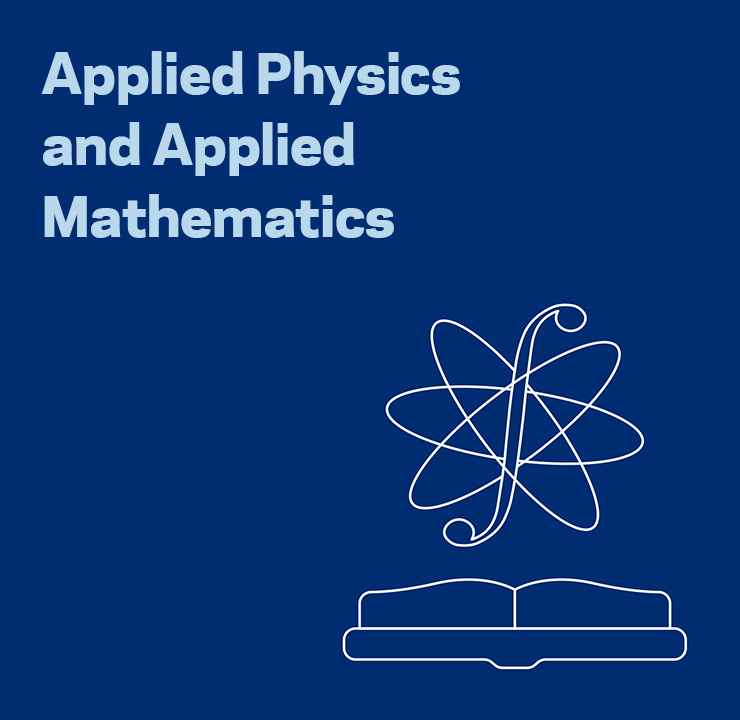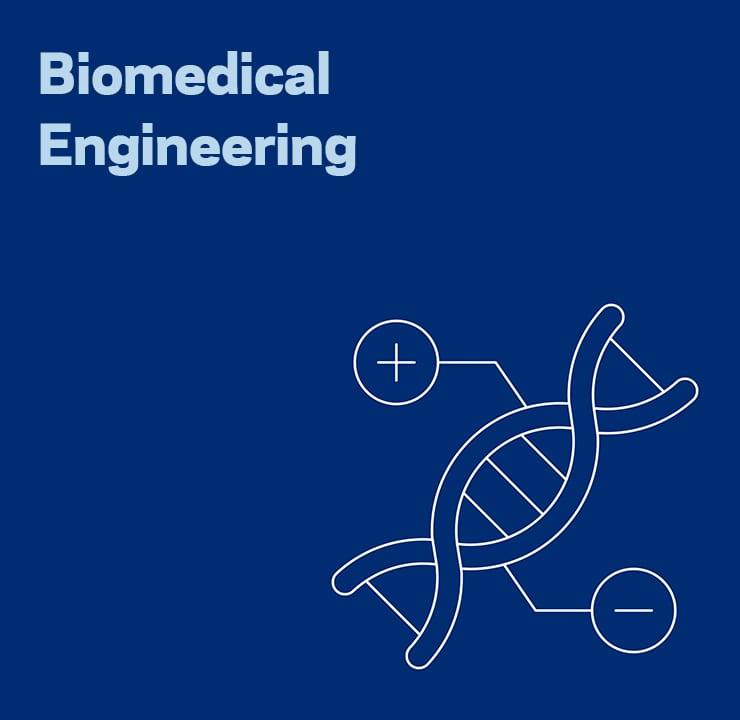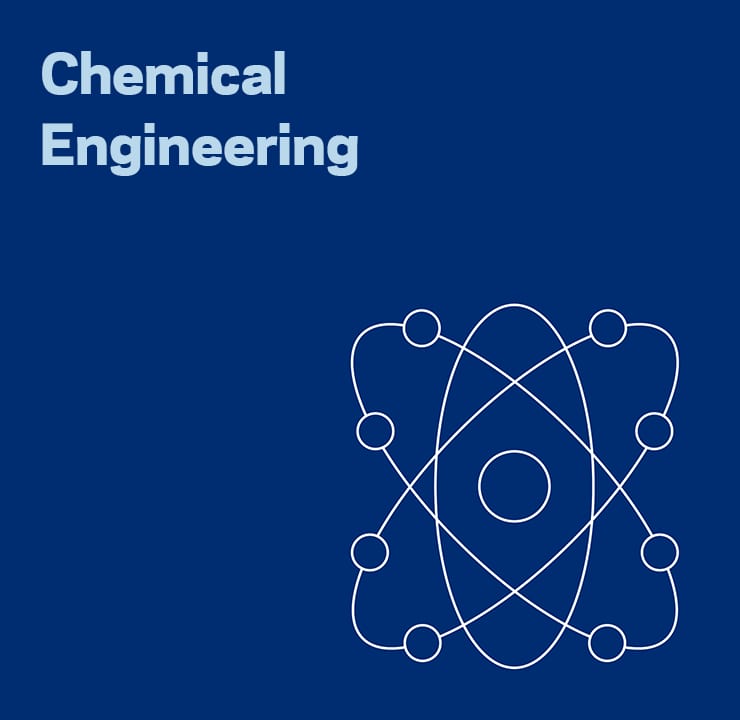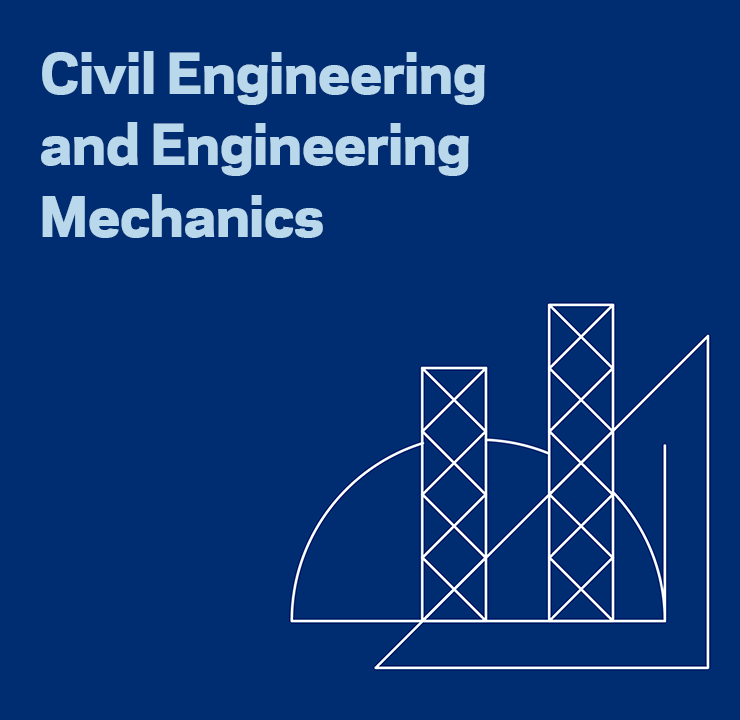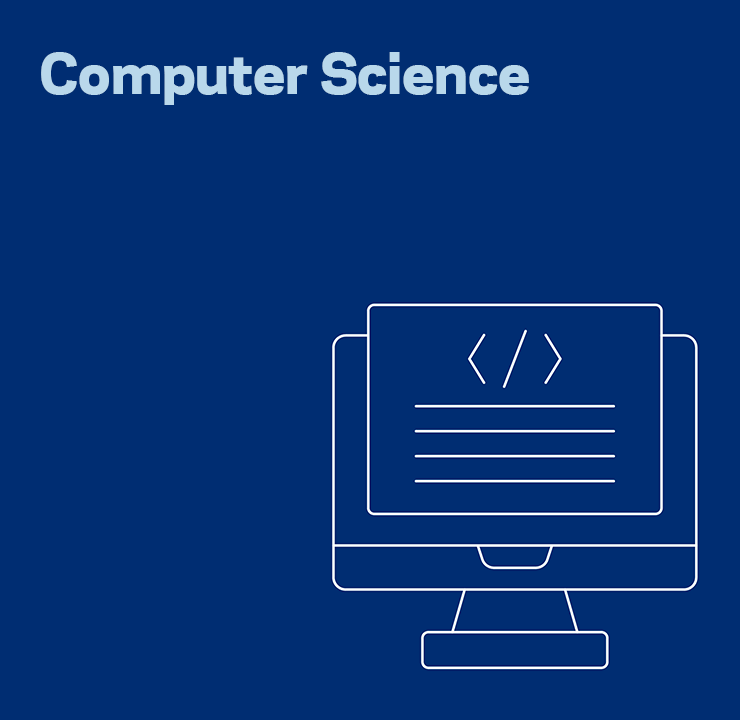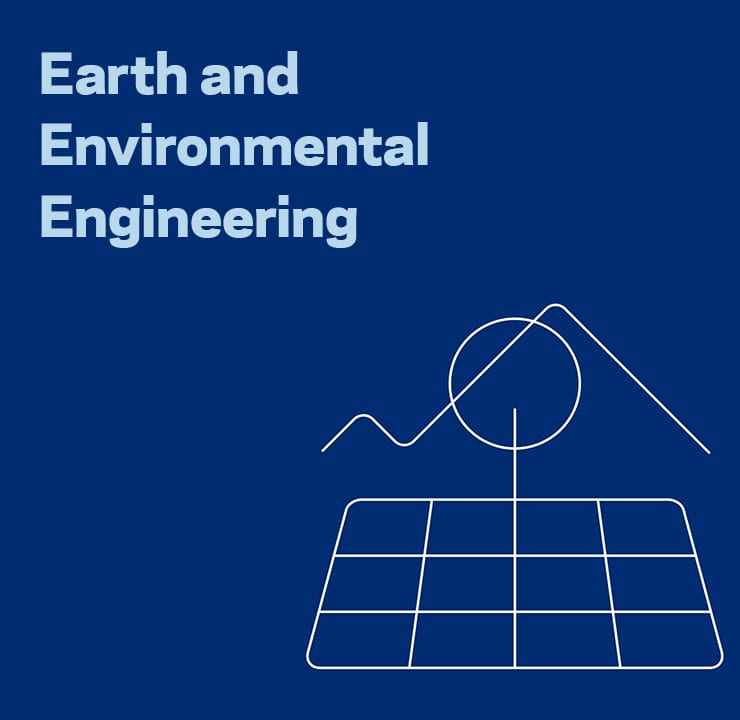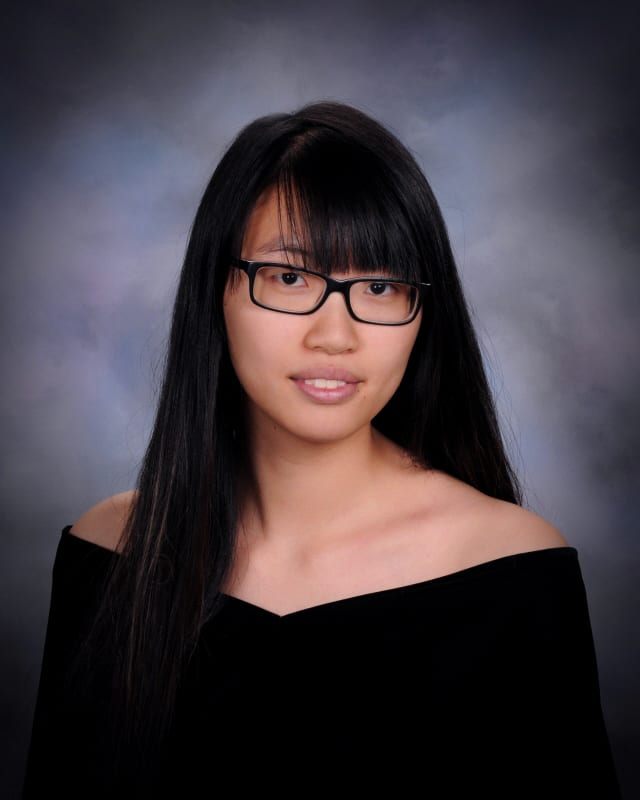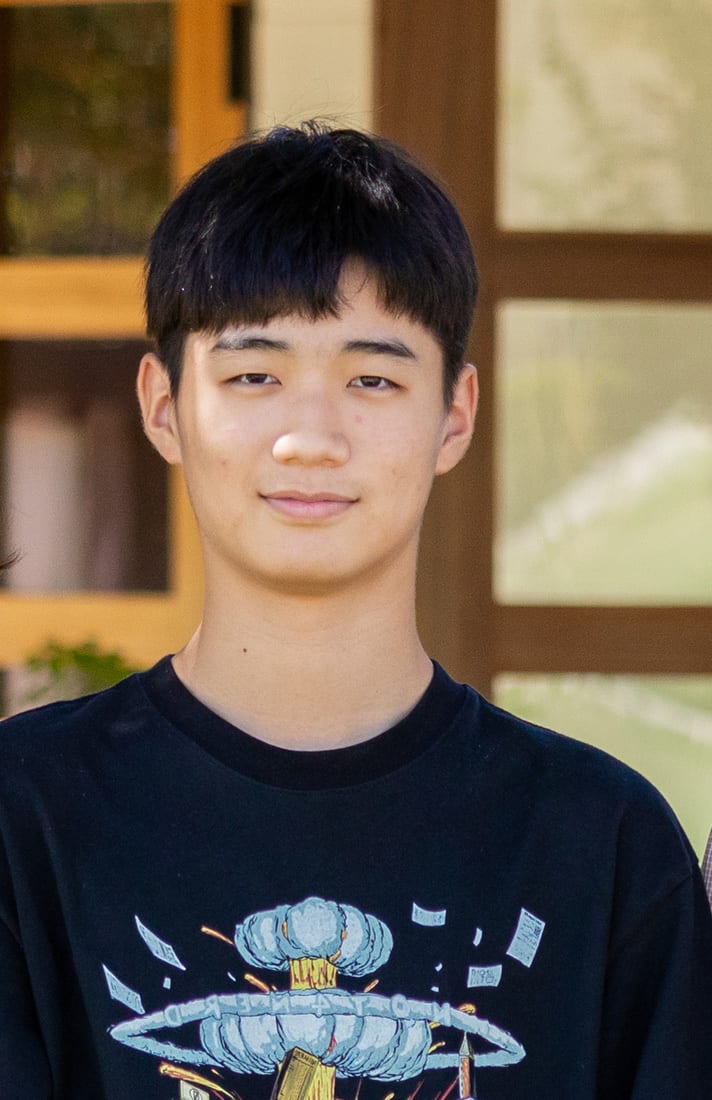In the heart of New York City, Columbia University draws inspiration from its surroundings, where centuries-old landmarks coexist with the best things of the moment. It’s the ultimate setting for a multidisciplinary education — specifically, the kind that can teach you to tackle the most complex challenges of our time.
The Fu Foundation School of Engineering and Applied Science of Columbia University has a legacy steeped in combining disciplines for problem-solving and innovation. In fact, it has been committed to blending cutting-edge research with its commitment to human progress since 1864. Proof of this can be found in history books — the pioneers of steam-powered transport and the architects of the Erie Canal were among the school’s first graduates.

A research powerhouse
Fast-forward over 160 years, and Columbia Engineering continues to push the boundaries of technology. Several cutting-edge projects illustrate the promise of what lies ahead.
In 2024 alone:

Supported by the Bezos Earth Fund, Columbia researchers are merging physical climate models with AI to enhance accuracy and inform adaptive strategies that could save lives and ecosystems.

Alongside North Carolina State University and other institutions, Columbia Engineering innovated water-activated electric bandages that heal chronic wounds more affordably and effectively. In trials, wounds healed 30% faster than those treated with traditional methods.

Columbia Engineering and Capital One launched the Center for AI and Responsible Financial Innovation to address some of the most complex problems in AI and finance, such as expanding access to financial services and increasing product personalisation for millions of customers.

IBM and Columbia University are partnering to make data centres more energy-efficient, as these facilities consume around 2% of U.S. energy supplies according to the Department of Energy. They are modelling AI's energy use, designing low-power chips, reducing software inefficiencies, and optimising system operations to address this issue.

V. Faye McNeill, professor of chemical engineering, is working with partners across the Global South to expand air quality monitoring in India, generate new air pollution data in Africa, and build local capacity in air quality science. The team’s success has led to informed policy decisions and improved air management across various regions.



IBM and Columbia University are partnering to make data centres more energy-efficient, as these facilities consume around 2% of U.S. energy supplies according to the Department of Energy. They are modelling AI's energy use, designing low-power chips, reducing software inefficiencies, and optimising system operations to address this issue.

V. Faye McNeill, professor of chemical engineering, is working with partners across the Global South to expand air quality monitoring in India, generate new air pollution data in Africa, and build local capacity in air quality science. The team’s success has led to informed policy decisions and improved air management across various regions.
At Columbia Engineering, innovative research often transforms into successful businesses. Take BeatProfiler, for example. This AI tool, developed by Columbia researchers, streamlines heart function analysis, transforming how we study diseases and test new drugs.
Programmes like the 14-week Materialize New York Accelerator allow inspired students to develop their research into viable businesses, too. Results are already impressive: teams like Metasurface-based Optical Neural Networks (MONN), led by PhD student Yuan Xu, integrate photonics and AI to revolutionise image processing.
Columbia Engineering further enhances its entrepreneurial ecosystem through its work with the technology transfer office, Columbia Technology Ventures (CTV), on efforts such as the Annual Pitch Day —where startups showcase their innovations to potential investors.
Standout projects include ClearVision, a noninvasive vision correction treatment targeting the global need for myopia solutions. Kampto Neurotech is developing a wireless brain-computer interface that could improve treatments for neurological conditions. OptiCardio aims to enhance cardiac radiofrequency ablation procedures with its innovative catheter and software. Meanwhile, Rover Diagnostics is tackling the demand for rapid point-of-care medical testing with its LightSpeed PCR system, offering results in under 20 minutes.
All four initiatives attracted significant attention from investors, proving that Columbia research never just stays in the lab. In the last decade, Columbia Engineering formed over 57 start-ups and issued more than 412 patents.

Evolving students into entrepreneurs
A campus designed for impact
A campus designed for impact
Columbia Engineering's purpose-built, historic Manhattan campus hosts cutting-edge research through a network of specialised institutes and facilities. The Columbia-Dream Sports AI Innovation Center, for example, blends academia and industry to push advancements in sports technology. The NSF AI Institute for Artificial and Natural Intelligence (ARNI) integrates AI research with neuroscience, exploring transformative insights into brain function and AI systems.
Other facilities, like the Data Science Institute, the Zuckerman Mind Brain Behavior Institute, as well as the Columbia Nano Initiative, the Center for Smart Streetscapes, Learning the Earth with Artificial Intelligence and Physics (LEAP) Center, and the Precision Medicine Initiative, further solidify the campus’s status as a hub of innovation across multiple fields.
The best part? All students are warmly welcomed into these cutting-edge research spaces. “I’m making it clear that the research space that I’m carving out here at Columbia is a space where I think collaboration and teamwork are essential for not only doing good work, but creating an environment where doing good work is possible,” says Santiago Correa, Assistant Professor of Biomedical Engineering.

9 academic departments, 1 mission
As a Master of Science student at one of Columbia Engineering’s nine departments, you’ll work towards building a strong foundation in core engineering principles while being trained in the latest technologies. Here, as your mind expands, so will your opportunities. Columbia Engineering revamps its academic offerings to reflect discoveries and respond to global advancements. Beyond traditional disciplines, the school has introduced programmes in emerging areas like Data Science, Quantum Science and Technology, and even a dual MBA/Executive MS in collaboration with Columbia Business School.


My long-term goal is to become a subject matter expert in supply chain, which is the backbone of the industry. I found BGSU's Logistics Systems Engineering program is a combination of engineering and management, which helps me to enhance my knowledge and skills. I joined BGSU in January 2022 and got the opportunity to work as a Graduate Assistant on an industrial project under the guidance of Dr. Sarder.
Swati Arora, India
MS in Logistics Systems Engineering

Hear from the students
Empowering tomorrow’s engineers
No matter your specialisation, Columbia Engineering stands by you every step of the way. Studying here means tapping into a vast network of career development resources. For example, the Professional Development and Leadership programme equips you with essential skills to land and thrive in your chosen career. Through expert-led sessions, you'll sharpen your leadership, teamwork, and ethical decision-making skills.
The Graduate Career Placement Center adds another layer of support by linking you with top recruiters, offering on-campus placement opportunities, and providing personalised career coaching as and when needed.
Faculty here are just as committed to your success. Whether it’s refining your research, discussing career paths, or simply cheering you on, they always have their doors open – a policy that did wonders for PhD graduate Naveed Tavakol.
"The best part of doing my degree at Columbia Biomedical Engineering was the ability to interact with scientists from all disciplines — from clinicians to biologists to physicists, and be supported by a department with such diverse research interests,” shares the postdoctoral research scientist.
“Amidst the pandemic, I was so fortunate to have the support to develop initiatives to connect with researchers from all over the world virtually, which has made me a stronger scientist and person.”


An enriching education awaits at Columbia Engineering.

Copyright © 2024 Study International, official representative of Columbia University


